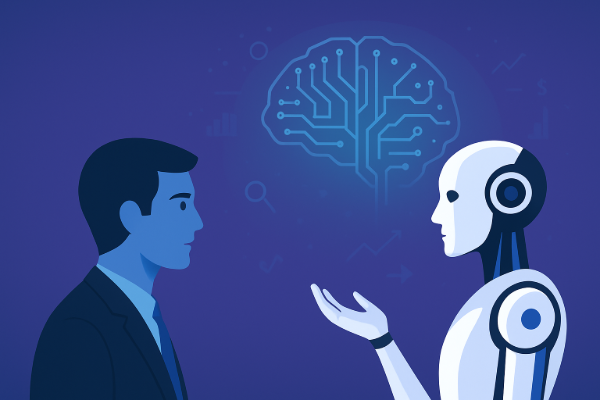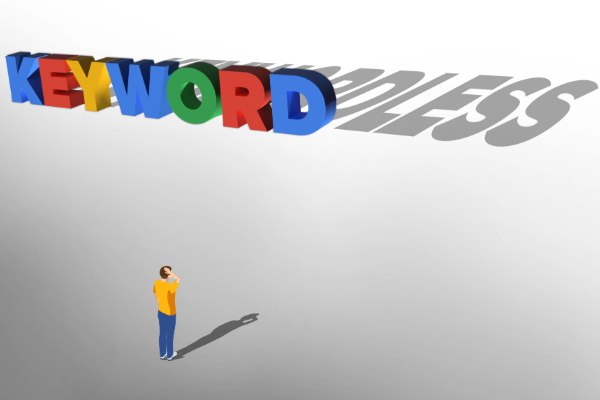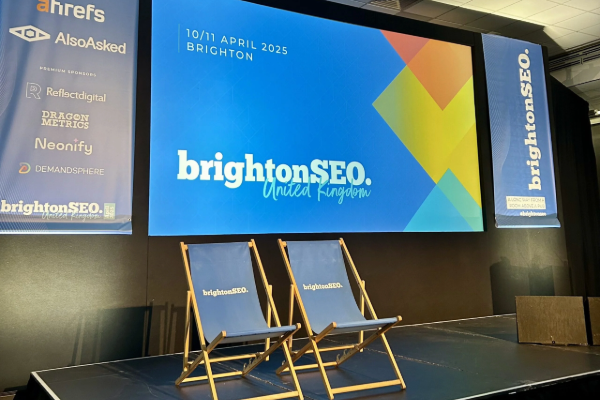Our SEO expert, Jasmine Matar, shares the latest news and updates across SEO:
OpenAI Launches a New Web Browser & ChatGPT Becomes a Platform for Apps
OpenAI has launched ChatGPT Atlas, a native web browser that integrates AI directly into browsing. Atlas can plan and execute multi‑step research, open pages, extract and summarise content, and maintain citations within a single interface, reducing the copy‑paste loop between a traditional browser and an AI assistant. For content and SEO workflows, this could shift discovery and consumption patterns. OpenAI is also enabling in‑chat access to third‑party apps like Spotify, Canva and Zillow within ChatGPT. From a marketing angle, this feature could turn ChatGPT into a valuable discovery and conversion engine for brands.
Why we care: If user journeys increasingly happen inside ChatGPT Atlas, measurement, attribution, and SEO tactics may need updating to ensure visibility of traffic and engagement. Allowing users access to third-party apps can shorten time‑to‑impact for analysis and execution, but it also raises governance needs around permissions, data scopes and auditability.
Google is Testing AI-Generated Descriptions For Search Snippets
Google Search is testing AI‑generated descriptions for search snippets, meaning the text shown in SERPs may increasingly be composed by Google. This could improve relevance for diverse queries but reduces direct control over how pages are represented. Expect greater variability across queries, heavier reliance on on‑page signals (clear headings, concise intros, structured data) and potential mismatch with brand‑preferred messaging.
Why we care: Brands may have less control over how pages are presented in SERPs, which can influence click‑through rates. Effects may include shifts in CTR, greater variability in messaging across queries, and the need to ensure pages are well‑structured and up‑to‑date so Google’s AI produces accurate, helpful summaries.
Google Launches a New “Sponsored Results” Label
Google is introducing a new global “Sponsored results” label for search ads to create a clearer, more consistent disclosure across markets and formats. This update will allow users to hide groups of ads directly on the search results page for a more personalised browsing experience. The change aims to make sponsored sites easier to identify while streamlining navigation.
Why we care: Clearer ad labelling can influence how users perceive and interact with paid vs. organic listings, potentially impacting CTR, CPCs, and overall ad visibility. It could also mean higher-quality clicks from users. Advertisers and brands should monitor performance as the new label rolls out, assess any shifts in user behaviour, and adjust creative and bidding strategies if visibility or engagement changes.
Microsoft Bing Now Supports the data-nosnippet HTML Attribute
Microsoft Bing now supports the data-nosnippet HTML attribute, allowing site owners to prevent specific parts of a page (e.g., prices, CTAs, boilerplate) from appearing in Bing search snippets and AI answers. This gives more granular control, helping manage what content is exposed in SERPs and AI summaries while keeping pages fully indexable.
Why we care: Greater snippet control can protect sensitive or conversion-critical elements, reduce out-of-context quotes in AI answers, and improve how a brand is represented. For subscription-sites, it can keep subscriber-only passages out of previews without sacrificing indexation. For pages with user-generated content, it can prevent comments or reviews from appearing in AI summaries while leaving editorial copy visible.
Google Announces Major Update to Voice Search and Google Search gets Nano Banana
Google’s new AI model uses speech as input for the search and ranking process, completely bypassing the stage where voice is converted to text, making it faster and more accurate. Users will be able to ask multi‑part, context‑rich questions and get more direct and helpful answers. Google Lens now also supports Nano Banana, the image-generation feature already available in the Gemini app, within Google Search. The Google Lens feature can be opened on the Google app and allows users to create an image in Create mode. Users will be able to transform images directly from Google Lens.
Why we care: More capable voice experiences can change how people discover and engage with content, impacting query formats, featured answers, and visibility for brands. Content that’s clearly structured, authoritative and easy to summarise will gain more visibility in voice results. AI search features are moving fast, fun and creative features such as Nano Banana can help win over consumer loyalty












